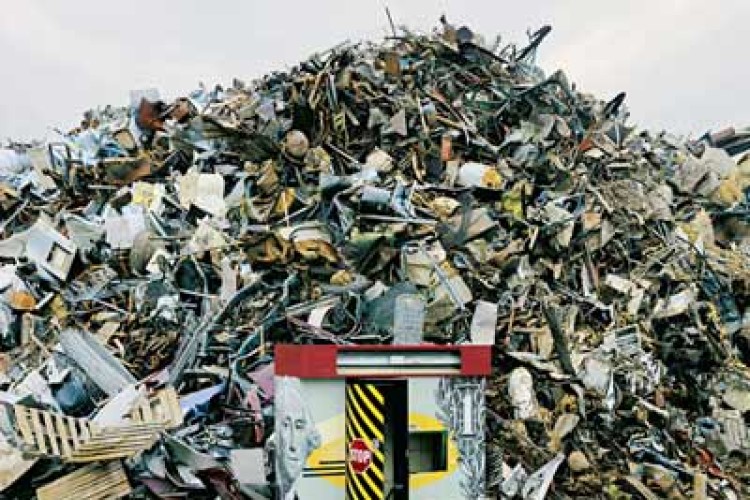The Department for Environment, Food and Rural Affairs published its Waste Policy Review yesterday (14 June), as part of its commitment to promote recycling and reduce waste production in England.
A key part of its policy is to promote waste-to-energy plants. It envisages waste fueled power plants not just for domestic waste but also for businesses or groups of business to provide energy for their own factories or developments. It plans to remove barriers to the development of more waste-to-energy plants, both in the planning system (by persuading local authorities of their importance), and in economically, by helping developers to establish certainty of waste and revenue streams.
However, development of these plants will not be fast-tracked through the Infrastructure Planning Commission, much to the disappointment of the Institution of Civil Engineers.
Other elements of the plan include promoting anaerobic digestion to break down organic waste for other uses and reducing landfill, particularly wood and metal.
Responding jointly to the publication of Defra’s Waste Policy Review, the Environmental Services Association (ESA) and the Chartered Institution of Wastes Management (CIWM) said: “We welcome the publication today of Defra’s Waste Policy Review outcomes, and support the direction of travel set out in the document. We are committed to working with the government to turn England’s waste back into valuable raw materials and energy, and to developing innovative approaches to reduce waste at all stages of the supply chain.
“The test for the government's strategy will be whether it can deliver in a number of key areas:
• creating a planning and investment landscape that will deliver the £10‐20bn of new infrastructure needed to divert waste out of landfill and back into productive use;
• providing clarity and consensus on how local authorities can be enabled to deliver efficient waste and recycling collections that are both easy to use and encourage higher levels of quality recycling; and

• encouraging UK business and industry to become more fully engaged in the drive towards a zero waste economy.
The government’s waste review sets out the following priorities:
- Consult next year on introducing a landfill restriction on wood waste, review the case for introducing landfill bans on other materials, such as metals, textiles and all biodegradable waste. The government says it will work with industry to drive innovation in reuse and recycling in these products before the start of any bans
- Accelerate recycling and reducing waste creation in the first place by providing incentives for householders, recycling-on-the-go schemes, better services for businesses and voluntary responsibility deals focusing on the hospitality industry, paper, direct mail, textiles, and construction waste;
- Crack down on fly-tipping, introducing powers to seize vehicles•Consult on increased recycling targets to 2017 for plastic, steel, aluminium and glass. Targets will be consulted on and agreed in time for the 2012 Budget
- Government will provide the necessary framework to address market failures and put incentives are in place to support the development of recovery infrastructure as a renewable energy source.
Waste going to landfill has nearly halved since 2000, with household recycling rates now at 40% and business rates at more than 50%. The government’s aspiration is zero waste and intends to produce an action plan on waste prevention in December 2013, to check progress and address further developments under any new EU regulation.
A strategy for anaerobic digestion (AD) was simultaneously published today. Proponents say that AD offers a local, environmentally sound option for waste management that helps divert waste from landfill to produce fertiliser or a renewable fuel.
The AD strategy and action plan include guidance on the cost and benefits of AD to developers and local authorities, evidence on the value of digestates, developing skills and training for AD operators, and highlighting ‘best practice’ projects that deliver community benefits.
Energy minister Greg Barker said: “Letting rubbish and waste rot in landfill is madness when we can use it to power our homes and cars. We are already making it financially attractive to turn waste into electricity under the feed-in tariffs scheme and soon there’ll be similar incentives to generate heat too. The anaerobic digestion strategy and action plan will help us unlock the potential to get more energy from waste to reduce emissions in the fight against climate change.”
The Government Review of Waste Policies in England 2011 is at http://www.defra.gov.uk/publications/files/pb13540-waste-policy-review110614.pdf
Anaerobic Digestion Strategy and Action Plan is at http://www.defra.gov.uk/publications/files/pb13541-anaerobic-digestion-strategy110614.pdf
Got a story? Email news@theconstructionindex.co.uk



